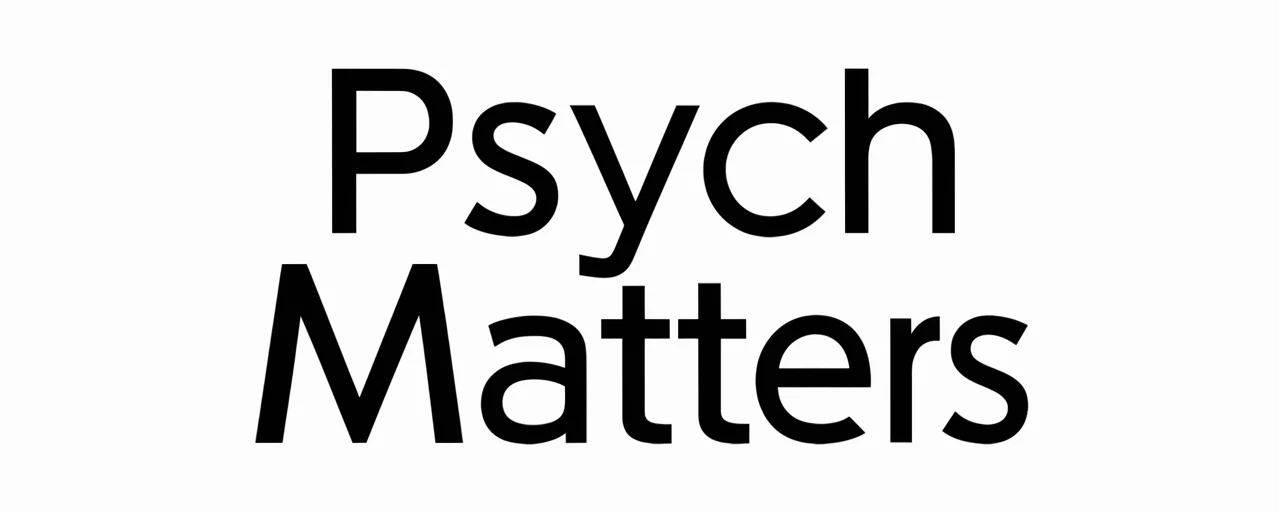Applying Psychological Principles to Improve Study Habits and Academic Performance
Understanding and applying psychological principles in today’s competitive academic landscape can significantly enhance your study habits and boost your academic performance. This article explores key psychological theories and practical strategies to help you become a more effective learner.
The Foundation: Cognitive Psychology
Cognitive psychology provides valuable insights into how our brains process and retain information, offering a framework for optimizing learning strategies.
Information Processing Model
The way our brains encode, store, and retrieve information is crucial to learning. A study by Hua (2022) found that “study habits mediate the relationship between self-esteem, self-control, and academic achievement,” highlighting the importance of developing effective study techniques based on how our brains work.
Practical Application:
- Use active recall: Instead of passively re-reading notes, test yourself regularly.
- Employ elaboration: Connect new information to existing knowledge.
- Practice chunking: Group related concepts to make them easier to remember.
Cognitive Load Theory
Our working memory has limits, and overloading it can hinder learning. Hattie (2023) noted that mobile learning apps can provide “augmented access to learning resources, heightened interactivity, and tailored learning trajectories,” which can help manage cognitive load effectively.

Practical Application:
- Use spaced repetition: Spread out your study sessions over time.
- Implement dual coding: Combine visual and verbal information.
- Minimize distractions: Create a focused study environment.
Shaping Behavior: Behavioral Psychology
Behavioral psychology offers powerful tools for developing and maintaining good study habits.
Operant Conditioning
By understanding how reinforcement and punishment affect behavior, you can create a study routine that sticks.

Practical Application:
- Set up a reward system: Treat yourself after completing study goals.
- Break tasks into smaller, manageable chunks.
- Use positive self-talk to reinforce good habits.
Classical Conditioning
Creating positive associations with studying can make it a more enjoyable and effective process.
Practical Application:
- Designate a specific study space associated with focus and productivity.
- Use calming scents or music to create a relaxing study atmosphere.
- Develop pre-study rituals to signal your brain it’s time to focus.
The Power of Others: Social Psychology
Learning doesn’t happen in isolation. Social psychology emphasizes the importance of our interactions with others in the learning process.
Social Learning Theory
Etcuban et al. (2019) found that “students’ attitudes and their study habits are significant factors that affect their performance in mathematics.” This highlights the importance of peer influence and modeling in academic success.
Practical Application:
- Form study groups to learn from peers.
- Seek help from teachers or tutors when needed.
- Observe and emulate the study habits of successful students.
Social Comparison Theory
While comparing ourselves to others can be motivating, it’s important to do so healthily.
Practical Application:
- Set realistic, personal goals based on your own progress.
- Use others’ success as inspiration, not discouragement.
- Focus on your own growth rather than outperforming others.

Metacognition: Thinking About Thinking
Developing awareness of your own thought processes is crucial for effective learning.
Self-Regulated Learning
Taking control of your learning process is empowering and leads to better results. Trigueros et al. (2019) found that “self-motivation predicted both academic performance and participation in physical activity,” emphasizing the importance of self-directed learning.
Practical Application:
- Set clear, specific learning goals.
- Regularly monitor your progress and adjust strategies as needed.
- Reflect on what study methods work best for you.
Growth Mindset
Believing in your ability to improve through effort and practice can dramatically impact your academic success.
Practical Application:
- Embrace challenges as opportunities for growth.
- View mistakes as learning experiences, not failures.
- Focus on the process of learning, not just the end result.

Conclusion
By applying these psychological principles to your study habits, you can create a more effective, enjoyable, and successful academic journey. Remember, Castillo et al. (2023) found “a significant relationship between study habits and academic performance.” So, invest time in developing good habits, and you’ll likely see improvements in your academic results.
Implementing these strategies may take time and effort, but the long-term benefits to your learning and academic performance are well worth it. Start small, be consistent, and don’t be afraid to adjust your approach as you discover what works best for you.
Resources
- Castillo, A. I. A., Allag, C. F. B., Bartolome, A. J. R., Pascual, G. P. S., & Villarta, R. O. (2023). The Impact of Study Habits on the Academic Performance of Senior High School Students Amidst Blended Learning.
- Etcuban, J. O., Capuno, R., Necesario, R., Espina, R. C., Padillo, G. G., & Manguilimotan, R. P. (2019). Attitudes, Study Habits, and Academic Performance of Junior High School Students in Mathematics. International Electronic Journal of Mathematics Education.
- Hattie, L. D. (2023). Impact of Mobile Learning Apps on Study Habits and Academic Performance of College Students in the United States: A Review of Literature. Journal of Education.
- Hua, J. (2022). The Role of Study Habits in the Relationships Among Self-Esteem, Self-Control, and Academic Performance: The Case of Online English Classes. Journal of Language Teaching and Research.
- Trigueros, R., Aguilar-Parra, J. M., Cangas, A., Bermejo, R., Ferrándiz, C., & López-Liria, R. (2019). Influence of Emotional Intelligence, Motivation and Resilience on Academic Performance and the Adoption of Healthy Lifestyle Habits among Adolescents. International Journal of Environmental Research and Public Health, 16.







